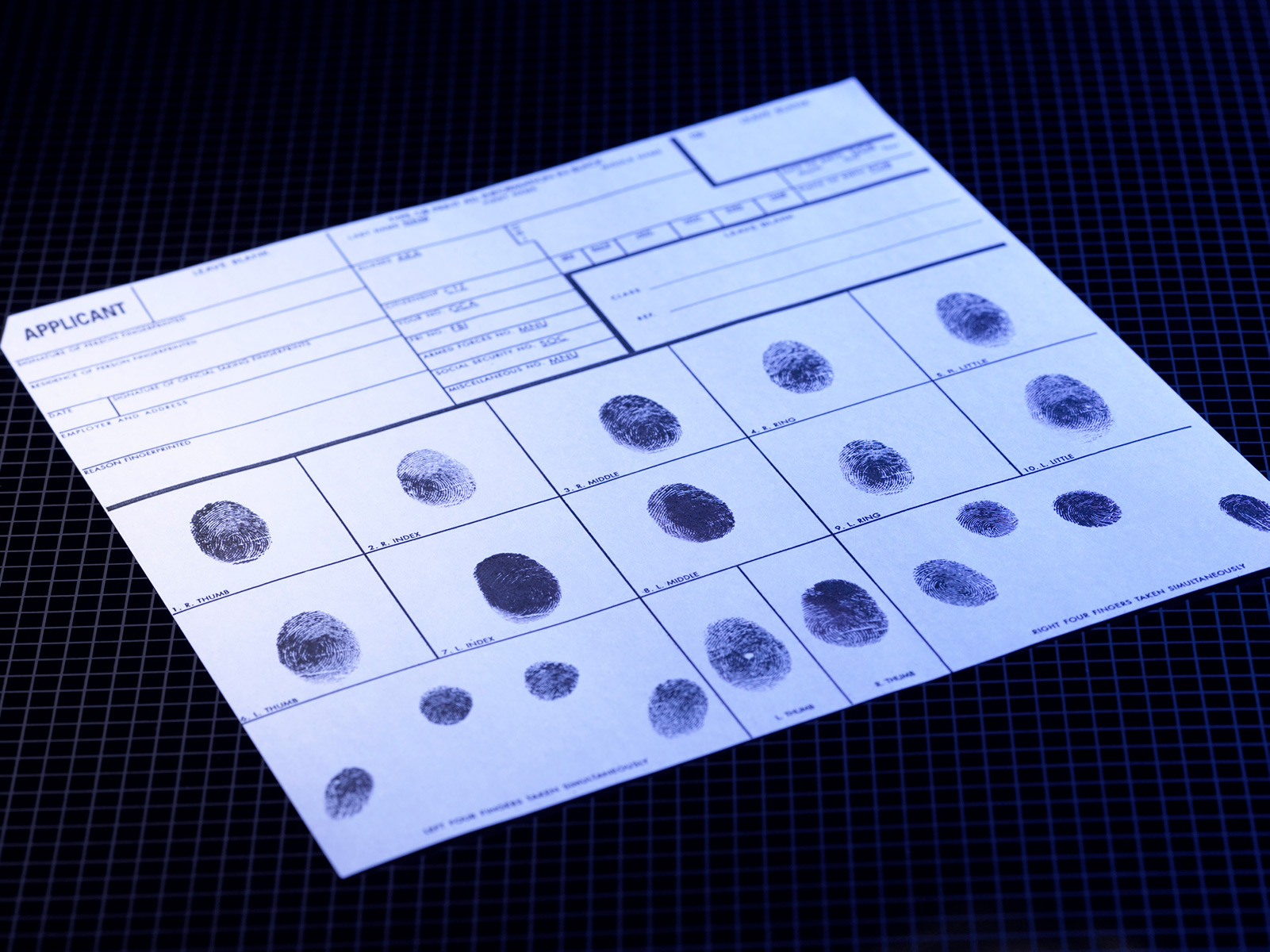
Each month, applicants for salesperson licenses line up awaiting an interview before the State Real Estate Commission’s Enforcement Committee. The subjects of these interviews are felony and misdemeanor convictions that occurred recently or many years ago. More times than not, the conviction will not block access to a license.
The problem is that an applicant won’t know whether a prior criminal conviction will keep him from acquiring a license until he applies. By that time, the applicant has completed his education and has studied and passed the examination. It’s a little late to find out that he was never qualified to possess a license in the first place.
It would be a good practice if all real estate schools covered the qualifications for licensure on the very first day of class. “Licenses shall be granted only to persons who bear a good reputation for honesty, trustworthiness, integrity and competence to transact the business of a broker or salesperson . . .” (Real Estate Licensing and Registration Act, § 501) The law also requires the details of any conviction to be supplied with the application. Brokers who recruit from the ranks of the unlicensed would do well to ask about prior convictions before the person enrolls in courses.
So, how do you predict whether a prior conviction will prevent an applicant from becoming licensed? The Commission only renders a decision when it has an application before it. It will not offer guidance to those who call or write. Counsel experienced in representing applicants before the Enforcement Committee or who have worked in this arena might be in a position to render an opinion, once all of the facts regarding the prior conviction and the applicant’s life are reviewed.
Generally, the crimes that are more likely to preclude licensure involve fraud and deceit or crimes that cast doubt on the veracity of an applicant. Examples include forgery, theft, tax evasion, perjury and embezzlement. These won’t necessarily bar licensure and the degree of the offense will be important. An isolated fight, a single occurrence of driving under the influence or other non-patterned crimes are less likely to pose an impediment. Crimes involving youthful indiscretion or that don’t involve moral turpitude also fall in the category that generally do not bar licensure.
Note that I have only discussed the reporting of felony and misdemeanor convictions. Arrests without convictions, and convictions for summary offenses, are not reportable thanks to Pennsylvania’s Criminal History Record Information Act (CHRIA). A summary offense falls below a misdemeanor (felonies are the highest crimes) and involves crimes that cannot be punished by more than a $300 fine or a 90-day term of imprisonment. These are generally the crimes that are handled exclusively at the magisterial district justice level.
CHIRA is also the statute that authorizes the Commonwealth’s commissions from granting or renewing licenses where the applicant has been convicted of any felony or where the applicant has been convicted of a misdemeanor “which relates to the trade, occupation or profession for which the license is sought.” How about a misdemeanor conviction for driving under the influence? Is it a crime that relates to the practice of real estate? Certainly a licensee who is caught driving under the influence in the course of her real estate business can be found to have engaged in a misdemeanor that relates to the profession, but what about the licensee who is a little overenthusiastic at a football tailgate or a birthday party? The driving didn’t relate to the profession. There is no requirement that an applicant for a real estate license possess a driver’s license. One of my clients told me that his best year in real estate was a year that he was without his driver’s license as a result of a previous DUI conviction. I did represent a client who was victorious and proved to a hearing examiner that a DUI that occurred “off hours” was not a misdemeanor relating to the profession.
Does an active licensee who is convicted of a misdemeanor that does not relate to the profession have to report the conviction to the Commission? Even though the conviction itself may not deprive the person of his real estate license, the failure to report the conviction within 30 days of the guilty plea or conviction may result in the loss of a license. A simple letter to the Commission advising of the conviction or guilty plea will suffice.
While most of us are concerned about a day-to-day practice and will never have to broach the subject of a criminal conviction, it is surprising how often the subject rears its head. Managers, brokers and educators need to be mindful. Presumably a criminal conviction will be appropriately punished; there is no reason to further jeopardize a license if it can be avoided.
Topics
Member Discussion
Recent Articles
-
Are Colorful Toilets Making a Comeback? Realtors® React
- April 24, 2025
- 2 min. read
“Color in a bathroom is always a joy during the initial design, but it’s crucial to remember that not all fixtures age uniformly,” reminds PAR President Bill Lublin.
-
Three Pa. Cities Make Top 100 Safest From Natural Disasters
- April 23, 2025
- 2 min. read
Pittsburgh was named the eighth safest city from natural disasters in a study of 477 of the biggest U.S. cities, completed by Home Gnome. Two other cities made the top 100.
-
Pennsylvania Home Sales Rose 21% in March
- April 22, 2025
- 2 min. read
Home sales grew 21% in March compared to the previous month in Pennsylvania, according to a report prepared for PAR. March home sales totaled 8,230, up from 6,751 in February.
Daily Emails
You’ll be the first to know about real estate trends and various legal happenings. Stay up-to-date by subscribing to JustListed.



